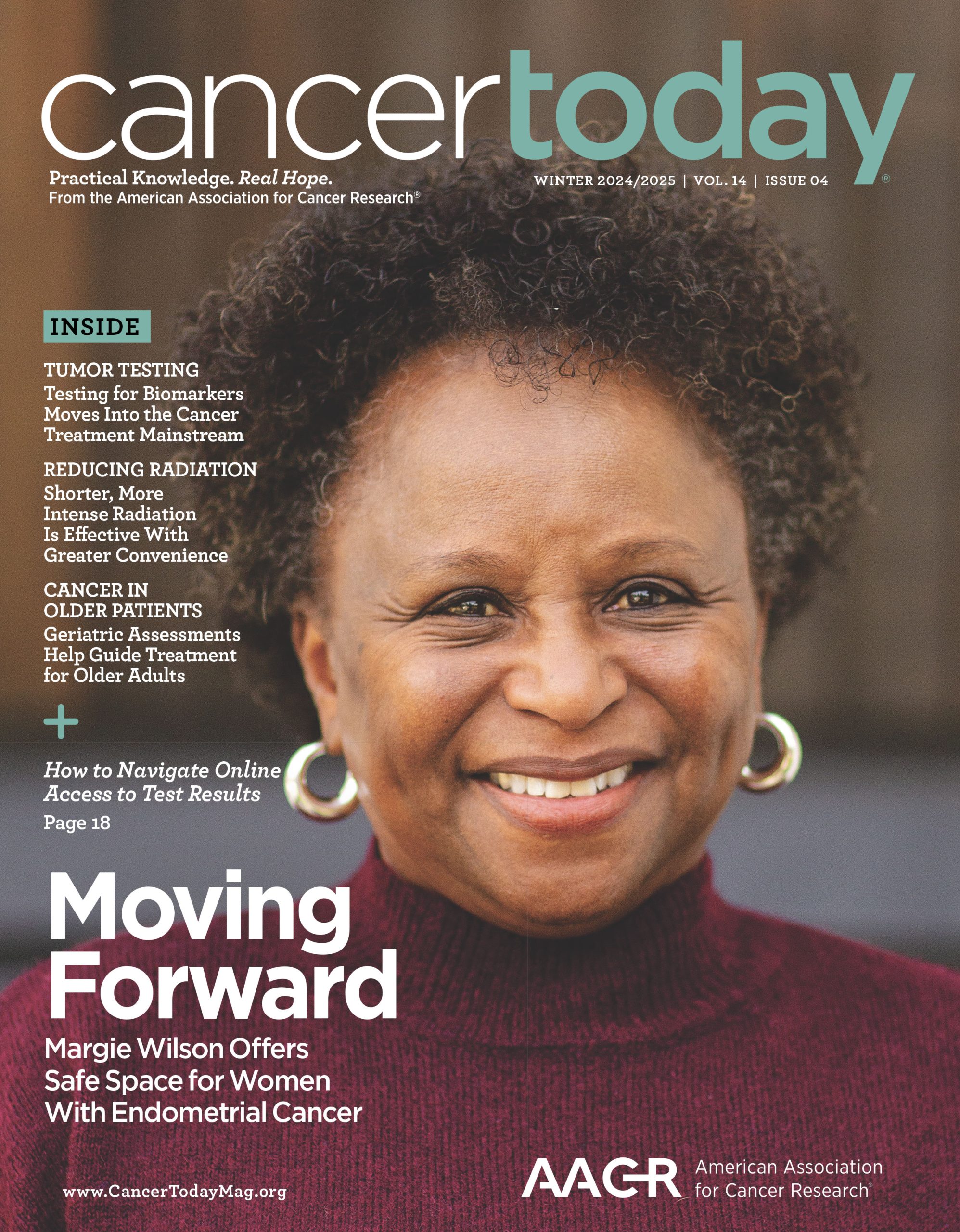The tension and anxiety that accompany a cancer diagnosis and treatment can take a toll. Ongoing stress triggers hormones in the body that increase inflammation and weaken the immune system—precisely at a time when the body should be directing all its efforts to getting well.
“We know that chronic stress and depression are associated with a shorter survival time in metastatic breast cancer patients,” says Michael H. Antoni, a clinical health psychologist and researcher at the University of Miami and the Sylvester Comprehensive Cancer Center, who believes that stress management skills can help.
Antoni and colleagues developed and tested the efficacy of a technique known as cognitive-behavioral stress management (CBSM) in women with breast cancer. The technique combines meditation with relaxation and helps patients recognize and change negative thought patterns. The study, published in the November 2015 Breast Cancer Research and Treatment, included 240 patients with stage 0 to IIIB nonmetastatic breast cancer who were two to 10 weeks post-surgery. Half the group met weekly for 90 minutes for 10 weeks to learn stress management techniques, including deep breathing, relaxation and meditation—as well as interpersonal skills such as assertiveness and anger management. The control group took a one-day seminar to learn ways to relax and cope with stress. The women were assessed six months, 12 months and five years after trial enrollment—and then eight to 15 years later.
Approximately one in four people with cancer have clinical depression.
Approximately one in four people with cancer have clinical depression, according to the American Cancer Society (ACS). “It’s one thing to feel sad about having cancer … and it’s another to feel hopeless, helpless and worthless,” says David Spiegel, a psychiatry professor and medical director of the Stanford Center for Integrative Medicine at the Stanford University School of Medicine in California. These feelings are warning signs to seek help.
“Many cancer centers have good supportive care programs,” Spiegel says. You can also find online and local support groups through the Cancer Support Community. In addition, the ACS offers resources for people with cancer who are looking for emotional support.
Researchers found that women in the CBSM group had a 79 percent lower risk of dying from any cause, a 75 percent lower risk of dying from breast cancer, and a 55 percent lower risk of having their cancer recur compared with the control group. “This paper … found that the women who had been in the stress management group had a longer time of survival,” Antoni says. Women with invasive breast cancer also saw a longer time before recurrence, he adds.
According to Antoni, many cancer centers are focusing more on screening patients for depression or distress to provide help to those who need it. “I think that has been an evolution in the past 10 or 15 years … [and experts realize] these types of interventions are needed and thus are becoming more available,” Antoni says.




